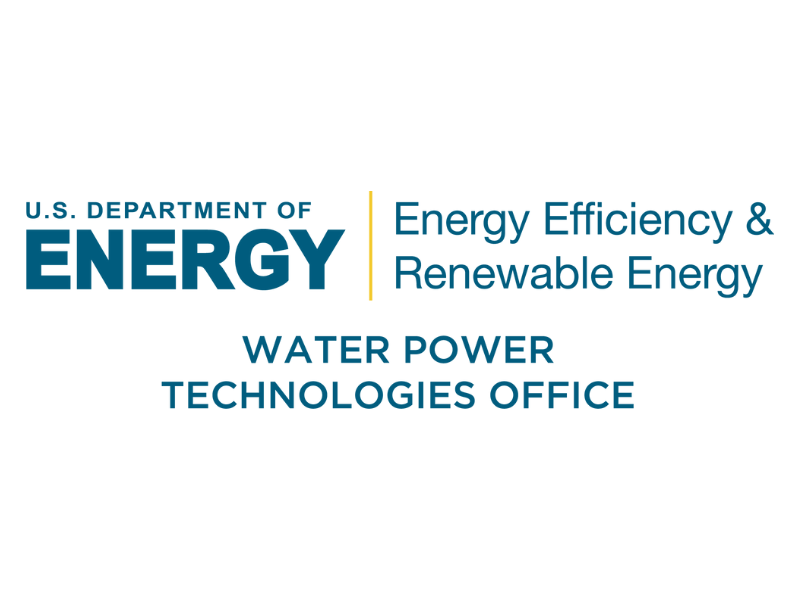Allison Johnson
Engagement and Outreach Lead
U.S. Department of Energy’s Water Power Technologies Office (WPTO)
Allison Johnson is the Engagement and Outreach Lead for the U.S. Department of Energy’s Water Power Technologies Office (WPTO). She leads a team that develops strategies to engage stakeholders across DOE’s hydropower and marine energy programs, executes communications campaigns to highlight WPTO partners’ accomplishments and disseminate information about water power, and advances workforce development in the sector.
She joined WPTO in 2018 after starting at DOE in 2015 as a Presidential Management Fellow and serving as a stakeholder engagement advisor to the Assistant Secretary of Energy Efficiency and Renewable Energy. Outside of DOE, she also spent time at the Environmental Protection Agency’s Region 8 office in Denver and the North Atlantic Treaty Organization in Brussels. Having lived in five countries and seven U.S. cities, Allison now calls Washington, DC her home.
Allison Johnson is the Engagement and Outreach Lead for the U.S. Department of Energy’s Water Power Technologies Office (WPTO). She leads a team that develops strategies to engage stakeholders across DOE’s hydropower and marine energy programs, executes communications campaigns to highlight WPTO partners’ accomplishments and disseminate information about water power, and advances workforce development in the sector.
She joined WPTO in 2018 after starting at DOE in 2015 as a Presidential Management Fellow and serving as a stakeholder engagement advisor to the Assistant Secretary of Energy Efficiency and Renewable Energy. Outside of DOE, she also spent time at the Environmental Protection Agency’s Region 8 office in Denver and the North Atlantic Treaty Organization in Brussels. Having lived in five countries and seven U.S. cities, Allison now calls Washington, DC her home.








